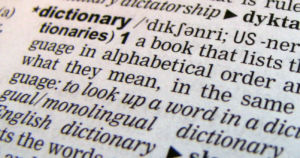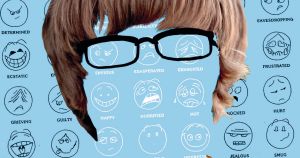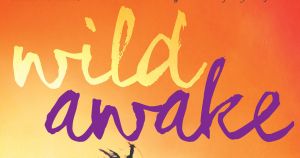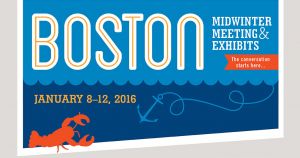
Introduction to Disability Terminology
To help authors make informed decisions about what language to use, we talk about disability terminology–from outdated words and cringe-worthy phrases to straight-up ableist slurs, and everything in between.

To help authors make informed decisions about what language to use, we talk about disability terminology–from outdated words and cringe-worthy phrases to straight-up ableist slurs, and everything in between.

We have so few stories—especially lighthearted ones—with wheelchair-using characters that I’d hoped I’d be able to recommend I Funny, but it’s a dangerous narrative wrapped up and presented as “good messages.”

Parker Grant is a complex, flawed character whose blindness was handled realistically; a big part of her life, but not the only part of her life. This is definitely a book I will be recommending.

Overall, I found the portrayal of pediatric cancer iffy—better than some, worse than others. Rather than unthinking stereotypes, though, these shortcomings felt like a result of a lack of personal experience or oversights in research.

I truly wanted to love this book—especially as it features one of the very few textually autistic characters written by an autistic author. In the end, though, I was left with mixed-to-negative feelings and a lot of disappointment.

This is a story about what it’s like to go crazy, and it is brilliantly, masterfully crafted.

It’s time for #alamw16: all the information on ARCs, signings, and awards related to disability representation.

As The Real Boy was one of our favorite reads of the year, we couldn’t wait to invite author Anne Ursu over to discuss this wonderful, magical middle grade novel about an autistic boy.

A gorgeous look, a brand-new domain, exciting new features, and more on the horizon!

Many characters who may be mentally ill reject treatment out of hand, considering therapy a waste of time and suspecting medication will turn them into a zombie. Why are these narratives so popular? What are the alternatives?